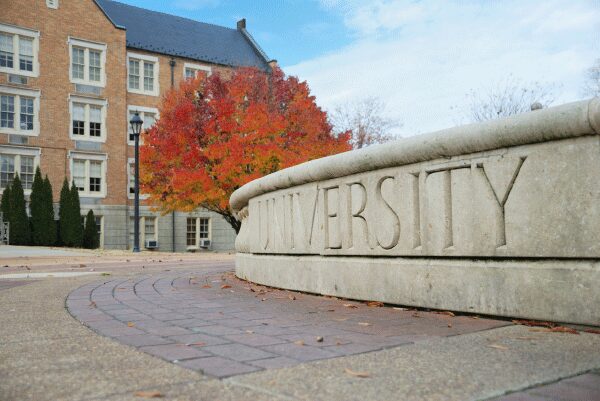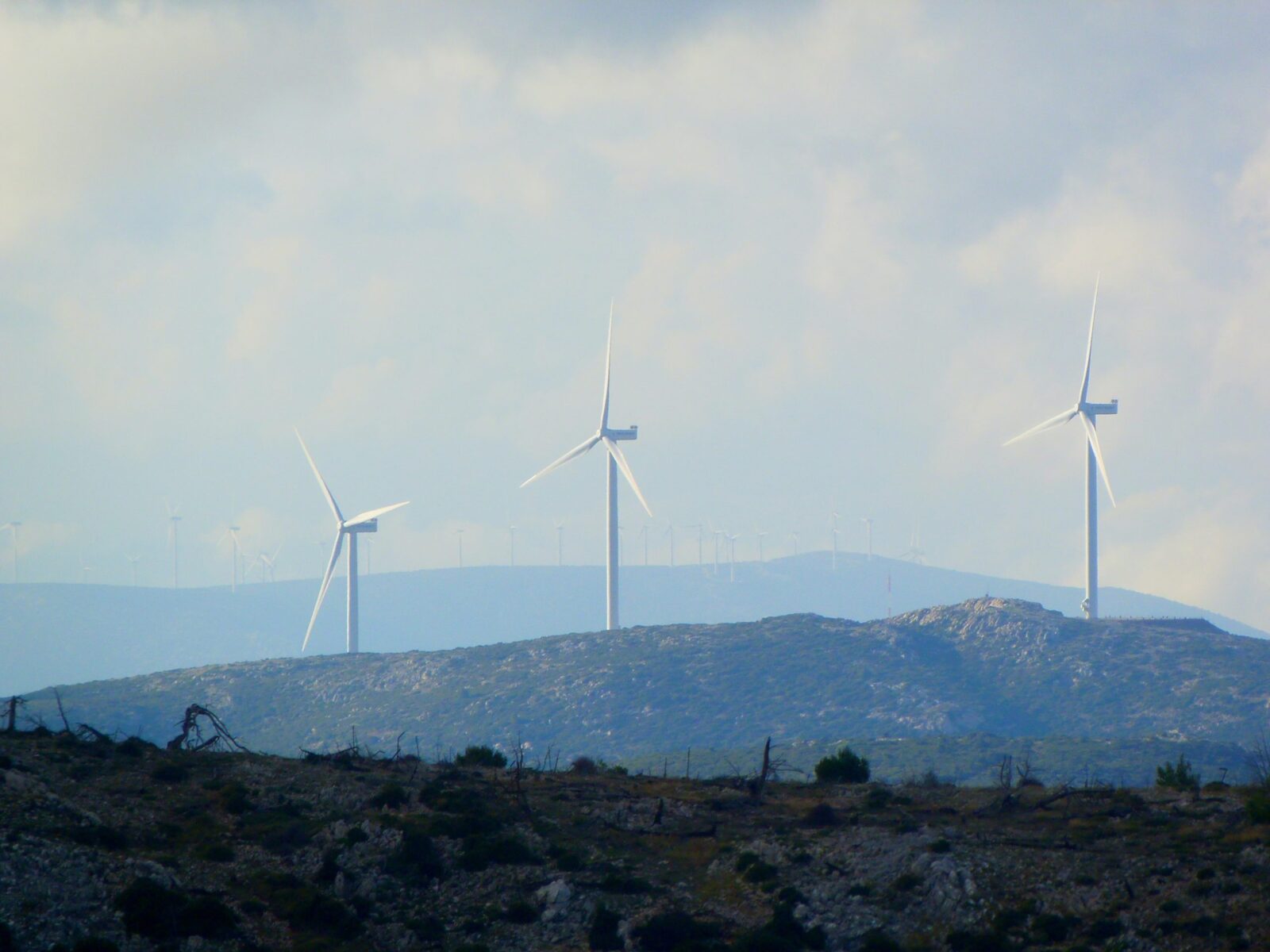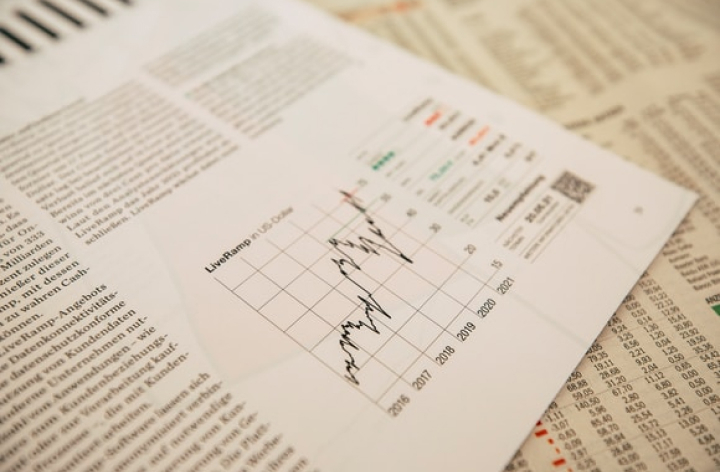ASPPA: Studies Show Retirement Plan Gains, Resiliency
U.S. News: 7 Lessons to Learn From College Endowment Investing
ESG Perspectives Series with Kristine Pelletier
NEPC’s Krissy Pelletier was interviewed by Frank Travers in the second of his ten-part “ESG Perspectives” series.
PlanSponsor: Private Equity in DC Plans an Opportunity to Improve Outcomes
Pensions & Investments: Boost likely for impact investing thanks to coronavirus disruption
Pensions & Investments: Prospect of negative U.S. yields on investors' radar
NEPC's Tim McCusker was featured in a P&I article that discusses the likelihood of negative interest rates in the US as a result of the coronavirus.
The U.S. Federal Reserve has pledged not to push its federal funds rate below zero as it struggles to revive a coronavirus-stricken economy, but investors may still want to game out how they'd respond if Treasury bond yields go negative at some point in the future.
The odds of U.S. Treasuries joining Japanese, German and other developed market sovereign bonds in negative territory, while low, have increased, noted Timothy F. McCusker, Boston-based partner and chief investment officer with investment consultant NEPC LLC, in a March report.
Ultimately, the coronavirus will decide whether rates will or won't go negative, according to an April report from Boston-based investment consultant Cambridge Associates LLC. "If the economic shock's depth and length demands even more monetary stimulus than is currently planned, then central banks that have previously resisted (negative interest rate policies), including the U.S. Federal Reserve and Bank of England, may be forced to reconsider," the report said.
Amid the ongoing fallout from the COVID-19 crisis, the yield on 2-year U.S. Treasuries stood at 0.147% on May 15, near the bottom of a 52-week range of 0.085% to 2.266%. The 10-year bond's yield came to 0.64%, toward the low end of a range of 0.38% to 2.442%.
"Given the importance of bonds and the reliance on them in investors' portfolios, it is important to consider this scenario and develop a game plan to manage assets" through unprecedented economic and market challenges, Mr. McCusker wrote.
Cambridge Associates offered similar advice: "It would be prudent for investors to begin exploring alternative insurance options, to understand their trade-offs and determine whether it makes sense to adjust or replace high-quality sovereign bond allocations in preparation for life after zero."







